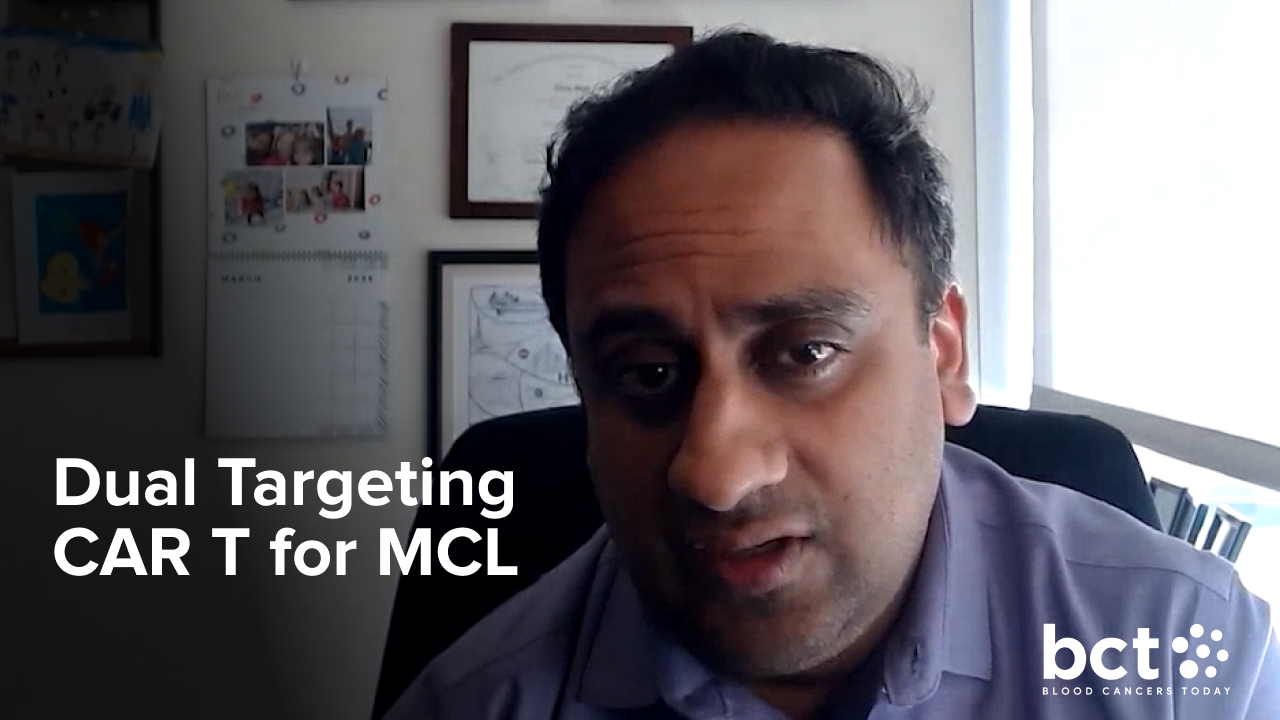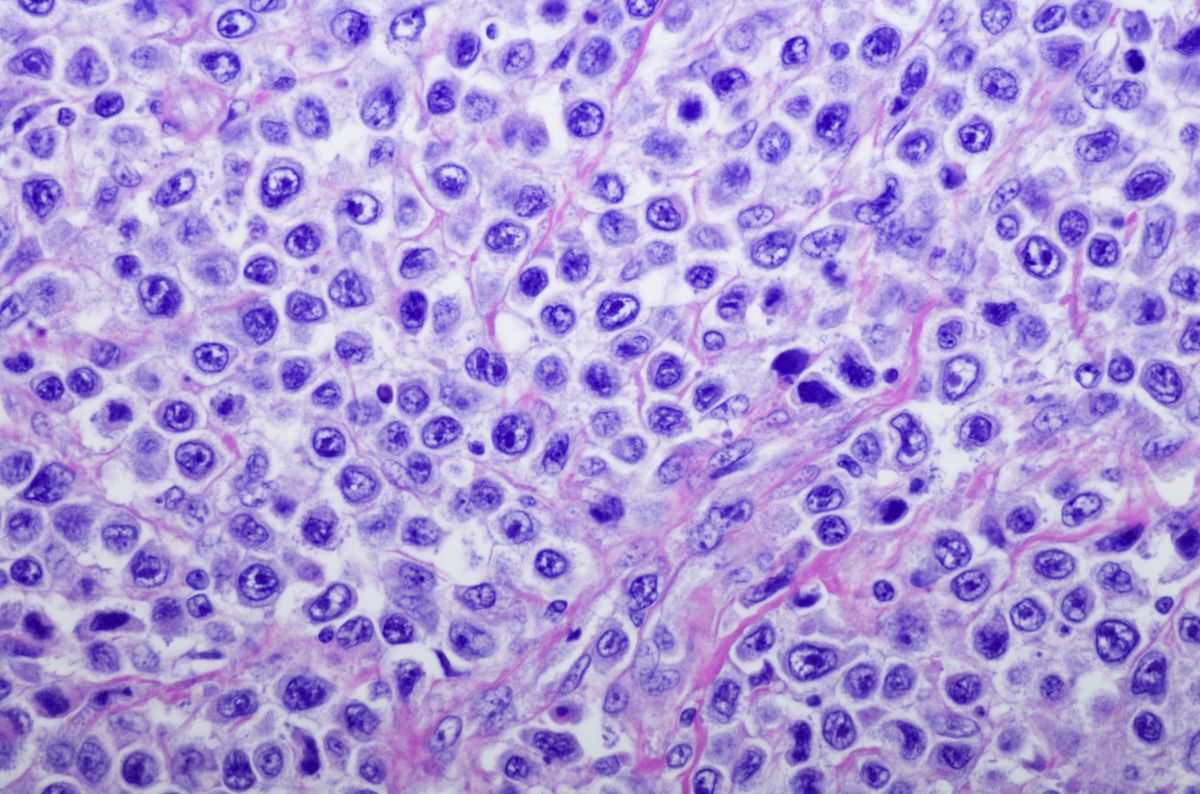
A two-year lenalidomide treatment showed an early progression-free survival (PFS) benefit that was not maintained once lenalidomide was interrupted, with no overall survival (OS) advantage in patients with mantle cell lymphoma (MCL) who underwent autologous hematopoietic stem cell transplantation (AHSCT).
Marco Ladetto, MD, of the University of Eastern Piedmont in Italy and colleagues conducted the study and presented their results during the 2023 European Hematology Association (EHA) Congress.
The randomized phase III study compared a two-year lenalidomide treatment with observation in patients who received an intensive cytarabine-containing program followed by AHSCT. All patients were younger than 65 years old and had previously untreated MCL.
Dr. Ladetto and colleagues provided long-term clinical and molecular results with a median follow-up of 84 months from enrollment and 74 months from randomization during the 2023 EHA Congress.
The study included 300 patients with advanced MCL who did not have clinically significant comorbidities. The median patient age was 57 years and 78% of patients were male. The researchers randomized assigned 205 patients, with 104 patients receiving lenalidomide and 101 undergoing observation.
The 72-month PFS rate was 48% and the 72-month OS rate was 75% for all patients at 84 months from enrollment. In the population of patients who were randomized, the 72-month PFS rate was 55% in those who received lenalidomide, while it was 50% in those who underwent observation (hazard ratio [HR], 0.76; P=.175) Time-varying effect modeling showed a “PFS advantage in favor” of lenalidomide up to 36 (HR, 0.58; P=.047) and 42 months (HR, 0.57; P=.0314), according to the study’s authors.
However, Dr. Ladetto and colleagues reported a “subsequent decrease of PFS benefit” of lenalidomide in the subsequent follow-up after 36 months (HR, 1.07; P=0.83) and 42 months (HR, 1.21; P=.57).
“Indeed, in [lenalidomide], the monthly PFS hazard rate in the first 24 [months] post-randomization (when [lenalidomide] was administered) was in the 0.5%-0.7% range, but then progressively narrowed … and finally became superimposable in the two arms,” the study’s authors wrote.
The 72-month OS rate was 77% in those who received lenalidomide, while it was 75% in those who underwent observation (P=.819).
A subgroup analysis for PFS that included multiple factors showed only bone marrow negativity as favoring lenalidomide over observation. The researchers collected 823 bone marrow samples and 799 peripheral blood samples during the induction and consolidation phase and then every six months during follow-up. The updated results showed a “persistent increased risk of progression” after a positive measurable residual disease (MRD) result in both bone marrow (HR, 4.17) and peripheral blood (HR, 2.64), the study’s authors reported. They also found that there was “persistent stability over time of kinetic models based on the accumulation of MRD-negative results.”
For example, with three bone marrow MRD-negative results, the HR for time to progression (TTP) compared with MRD-positive results was 0.13. The HR was 0.19 with three peripheral blood MRD-negative results. The same parameters “appeared predictive” for OS with an HR of 0.35 for bone marrow and 0.42 peripheral blood, according to Dr. Ladetto and colleagues.
Furthermore, they found there was a “high prognostic value” of TTP in both bone marrow and peripheral blood during follow-up “with excellent performance of previously unreported late time points.”
“The two-year [lenalidomide] program provided an early PFS benefit, which was not maintained once [lenalidomide] was interrupted with no OS advantage,” the study’s authors concluded. “Long-term MRD results stress the predictive value of this tool, particularly in the context of kinetic model.”
Reference
Ladetto M, Tavarozzi R, Evangelista A, et al. Long-term results of the FIL MCL0208 trial comparing lenalidomide maintenance (len) vs observation (obs) after autologous stem cell transplantation (ASCT) in mantle cell lymphoma (MCL). Abstract #S221. Presented at the 2023 European Hematology Association Congress. June 8-15, 2023; Frankfurt, Germany.






 © 2025 Mashup Media, LLC, a Formedics Property. All Rights Reserved.
© 2025 Mashup Media, LLC, a Formedics Property. All Rights Reserved.